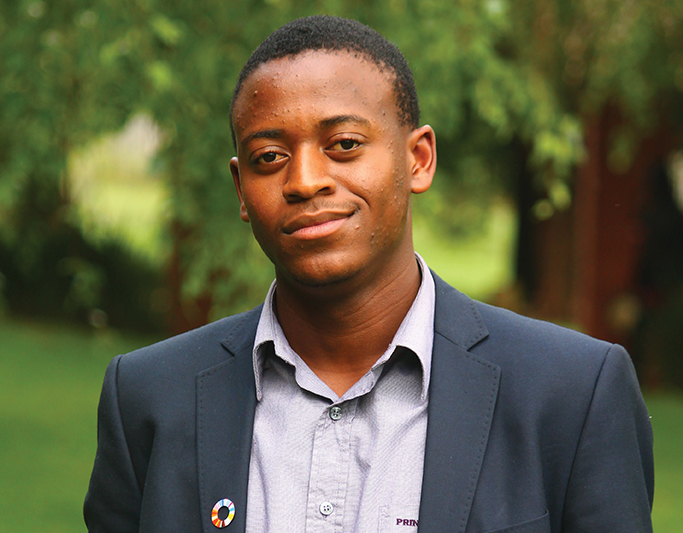(Ludwick Marishane)
VOICE OF AMERICA
Unemployment remains stubbornly high in South Africa and is one of the greatest socio-economic problems facing the country’s youth.
Job creation was a leading goal of government policy during the first decade of democracy in South Africa after the end of apartheid in 1994. However, little success has been achieved in the struggle to create sufficient jobs.
South Africa’s unemployment rate stands at 25.2 percent, creeping up by 1.1 percent from 2013. As of the middle of 2014, more than 5 million people were without work. The expanded definition of unemployment, which includes people who have stopped looking for work, is at 35.1 percent.
But unemployment has one positive side effect; it is causing some South Africans to become entrepreneurs. Ludwick Marishane started businesses as a teenager in rural Limpopo, a northern province in South Africa with high poverty.
Some of his ideas failed, but Marishane’s life-changing inspiration came during a lazy day of sunbathing. His friend did not want to take a bath and wondered why no one had invented a product to substitute for showering.
A few years later, Marishane had created the Dry Bath Gel, a waterless shower alternative that could save time for some, but also help those with no access to water.
Marishane drafted an 8,000-word business plan on a simple phone in his last year of high school and sent it to 80 venture capitalists. But none was willing to take a risk on a young inventor with a product thought to help mostly the poor, he said.
He entered the product into competitions and slowly gained some capital to develop his business. Marishane now is the youngest patent holder in South Africa. The company claims to have provided 445,590 baths, saving more than 35.6 million liters of water, crucial for a country facing a water crisis.
Marishane cites education as one of the biggest advantages in starting a business.
Jason Basel is founder and president of Àkro Organization, which aims to bring young entrepreneurs together and equip them with practical, action-oriented knowledge to help kick-start their businesses. “Entrepreneurship and education — that’s how you solve unemployment,” Basel said. He added that the lack of practical business education is hindering people from realizing their potential business ideas.

